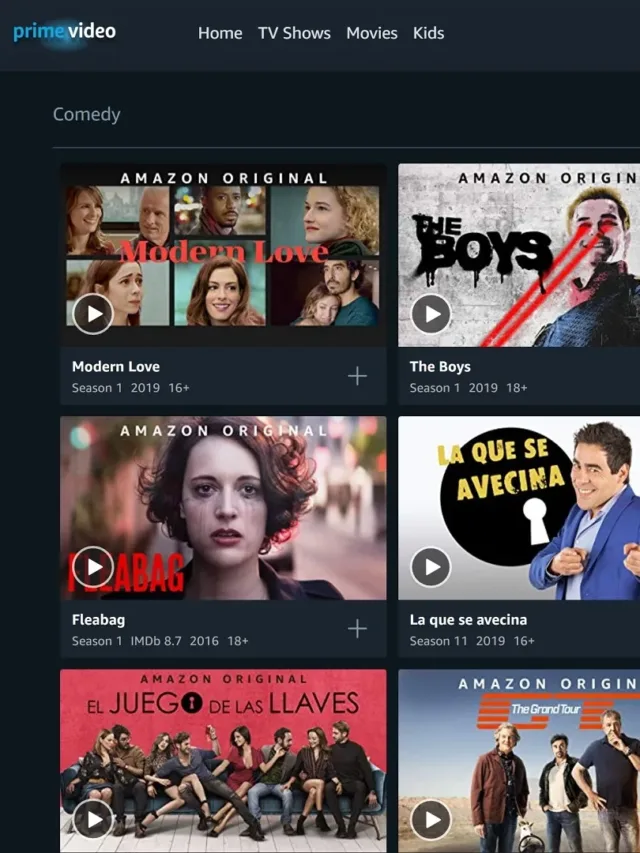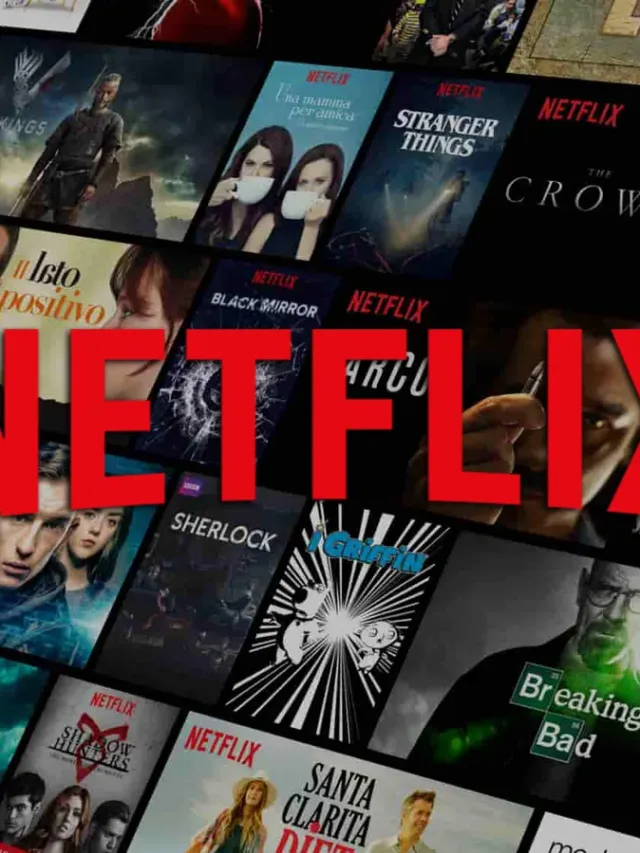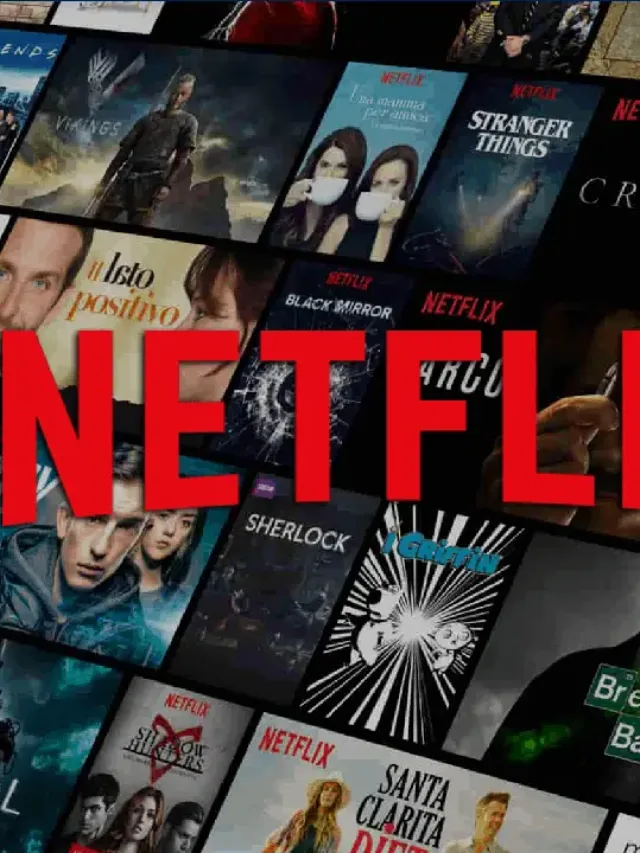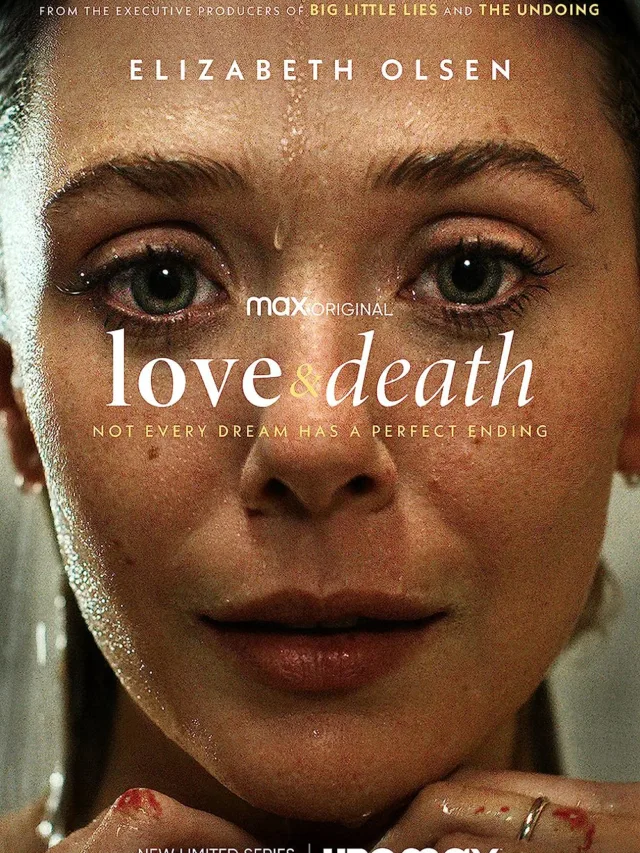Chicago taxpayers: $91.3M lost over 3 years due to repeated misconduct by 116 police officers

Chicago taxpayers: According to an examination of city data, Chicago taxpayers spent a total of $91.3 million to settle lawsuits that implicated 116 Chicago police officers whose claimed misconduct led more than once to payouts between 2019 and 2021. These officers were accused of engaging in misconduct that resulted in more than one settlement.
According to research done by the Chicago Tribune, the city of Chicago spent a total of $197.7 million over the course of 2019, 2020, and 2021 to settle claims alleging that more than 1,000 Chicago police officers engaged in a wide variety of unethical behavior, including the use of excessive force and wrongful arrest.
According to the estimate, cases involving at least one officer who has made repeated claims of wrongdoing will account for 47% of the costs that taxpayers will incur to resolve incidents of police misconduct between 2019 and 2021.
According to a spokesperson for the Chicago Department of Law, which is being directed by Corporation Counsel Mary Richardson Lowry, the department is now in the process of introducing a new legal case management system in order to provide officials with “better data and analysis.” On the other hand, it is not anticipated that this system will be finished until March 2024.
When asked about the city’s lawsuit strategy, Lowry’s spokesman declined to comment, but added that the office is “committed to working with the Chicago Police Department and the new superintendent, once appointed, to explore effective ways to minimize risk.”
This news analysis is the first of its kind to assess the information that the Chicago Law Department has provided in its annual litigation reports. The reports contain information about lawsuits that have been filed in Chicago. The consent decree, which is an order from the federal court that is designed to compel the Chicago Police Department to modify the way that it trains, supervises, and disciplines officers, now makes the submission of these reports mandatory.
These reports did not contain the full names of any of the officers; rather, the full names were taken from papers connected to cases filed at the federal and state levels and compared to a record of officers’ badge numbers, which are typically included with civil lawsuits. These full names were taken from documents linked to cases filed at the federal and state levels. It was not always simple to ascertain which law enforcement officers had been involved in a particular occurrence.
The reports are “an effort to inform the public about lawsuits against the city involving allegations of civil rights violations or injuries due to a vehicle pursuit involving a CPD officer,” according to the consent decree, which went into effect in 2019 as a result of a federal investigation that found officers routinely violated the civil rights of Black and Latino Chicagoans. The consent decree was the result of a federal investigation that found officers routinely violated the civil rights of Black and Latino Chicagoans.
The sum of $91.3 million that the city paid to settle the claims includes the expenses of verdicts, including punitive damages, as well as settlements and legal fees, as stated by an investigation that was published in the News. The investigation was conducted to determine the details of the amount.
David Salgado, a former officer, and Xaiver Elizondo, a former sergeant, were both mentioned as defendants in at least 10 cases that resulted in financial settlements between the years 2019 and 2021. Both of these complaints were settled for an undisclosed amount of money. According to the News’ investigation, Salgado was named as a defendant in a total of 12 cases, costing the city $880,000 in expenses; Elizondo, on the other hand, was named as a defendant in a total of 10 cases, costing taxpayers $770,000. The complete list of lawsuits that involved Salgado and Elizondo is listed below.
In 2019, a jury came to the conclusion that both individuals were liable for their activities as tactical officers, which ultimately resulted in accusations of conspiracy and obstructing justice. The prosecution asserted that Elizondo and Salgado fabricated search warrants so that they could enter the homes of unsuspecting individuals, steal money and drugs, and flee the scene. For their respective crimes, Elizondo was sentenced to a prison term of more than seven years, while Salgado was sentenced to a prison term of around six years.
According to the findings of a study that was carried out by the News, three police officers were referenced in a total of five different cases, and four police officers were involved in a total of four different lawsuits that either resulted in a settlement or a verdict.
Another 26 cops have been implicated in one of the three ongoing investigations. One of these cops, a former Chicago Police Detective by the name of Reynaldo Guevara, is accused of framing more than 50 citizens of Chicago for crimes that they did not commit. Guevara served as a detective for the Chicago Police Department. At least one of these people, a lady, was found guilty of her crime and sentenced to death as a result of the information that Guevara acquired. In 2017, a judge reached the verdict that Guevara had frequently lied under oath, based on the evidence presented. Despite the fact that Guevara now resides in Texas, he did not leave the Chicago Police Department until 2005, even though he has been there since.
The cases that mentioned Guevara would cost Chicago taxpayers more than $39.3 million in 2019, 2020, and 2021, making him the officer whose cases will cost the city the most money overall, according to an analysis done by the News.
According to the National Registry of Exonerations, Guevara was responsible for the arrest of 32 individuals who were afterwards found guilty of their crimes but were later proven innocent. At least twelve people who say they were unfairly convicted in cases investigated by Guevara, who frequently collaborated with retired Detective Edward Mingey, have filed lawsuits against the city, and those lawsuits are still pending. The cost to taxpayers of cases named Mingey was $38 million.
According to the study done by the News, Mingey was one of 79 cops who were named in two separate cases. According to an analysis done by the News, these incidents resulted in a cost to the government of $38 million.
In addition, News was able to identify 23 policemen who were implicated in two cases that resulted in costs to the public of less than $100,000. This indicates that those cases were never brought before the Chicago City Council, which is an essential way of ensuring supervision. The Chicago City Council only evaluates proposed settlements worth more than $100,000.
Guevara cases resulted in an additional tax burden for Chicago. These new records are the most exhaustive source about lawsuits alleging police misconduct, and they are the only official source that links specific officers to individual cases.
According to the Inspector General Deborah Witzburg, the fact that city authorities do not regularly track the number of settled cases or the expenditures associated with individual officers makes it hard for police brass to effectively manage the risk posed by the way the Chicago Police Department functions.
That means that none of the Chicago police officers whose behavior cost taxpayers more than $280 million during the administration of former Mayor Lori Lightfoot have been penalized, retrained, or offered counseling in an effort to prevent further instances of misconduct by other officers.
“There is a roadmap here, but we are not on the road,” Witzburg remarked.
According to Witzburg, the cost of resolving police misconduct cases that regularly identify the same officers takes approximately “$100 million off the top” of efforts to engage in programs that better training for officers and help them cope with the trauma that comes with the territory of their work.
An investigation conducted by the office of the inspector general in 2022 resulted in the publication of an audit that urged municipal authorities to alter the manner in which they deal with police misconduct settlements and make certain that officers are held accountable.
However, this was not the first time that they had been cautioned.
In 2017, the Department of Justice advised local authorities to “review settlements and judgments on a broader scale to spot for trends, identify officers most frequently sued, and determine ways to reduce both the cost of the cases and the underlying officer misconduct.”
There is no evidence that city authorities heeded the warning at any point in the six and a half years after then President Barack Obama’s Department of Justice released its investigation of the Chicago Police Department precipitated by the police murder of 17-year-old Laquan McDonald in October 2014. Those events occurred in October 2014.
There is no indication that the issue has been settled, despite the fact that municipal authorities have not yet released the litigation report that details payouts in 2022.
In point of fact, the City of Chicago and its taxpayers have already shelled out $3.9 million to settle two lawsuits that named Officer Joseph Lisciandrello and centered on his behavior during the first three months of 2019. According to the employee database of the city, Lisciandrello is still employed by the police department and makes close to $98,000 a year.
In February of 2019, Lisciandrello was one of 12 cops who conducted a raid on the house of social worker Anjanette Young. During the raid, the officers cuffed Young while she was naked and ignored her cries for assistance. Young said in her complaint against the city, which was settled for $2.9 million, that Lisciandrello pointed his gun at her when she sought for a jacket to cover herself and shouted “Let me see your f—— hands.” Young alleged the incident occurred when she was attempting to conceal herself.
According to the findings of the inquiry into the event that was conducted by the Civilian Office of Police Accountability, also known as COPA, Sharell Brown, 26, was shot and killed by Lisciandrello in May 2019, almost three months after the search on Young’s apartment. Before shooting, Lisciandrello turned off his body-worn camera.
After Brown was stopped by another officer who believed he matched the “general description” of two males they were looking for in connection with an armed robbery, Lisciandrello opened fire and fatally wounded Brown. Brown was pronounced dead at the scene. Brown evaded the police after they found out he was equipped with a Sig Sauer pistol, and he raced in the opposite direction. Brown passed away within 15 minutes after the attack began.
In such a scenario, COPA suggested that Lisciandrello be fired or placed on administrative leave for a period of at least one hundred eighty days.
The study that was published in March 2022 in the Washington Post analyzed court data to find that Chicago taxpayers paid more than $380 million to settle claims identifying officers who were subject to more than one settled claim between the years of 2010 and 2020. This report served as the impetus for the analysis that was performed by News.
More than seventy percent of cases that were handled during that time period involved at least one officer who had been accused of misconduct on several occasions, according to an analysis conducted by The Post, which found that Chicago had the highest proportion of misconduct accusations involving police mentioned in multiple cases between 2010 and 2020 of any of the large cities that it investigated.
During a significant portion of the time period investigated by News, Mayor Lori Lightfoot was in office. During that time period, Chicago taxpayers paid nearly $197.7 million to settle 341 lawsuits claiming police wrongdoing.
During his time in office, Lightfoot made a commitment to rein in the growing number of misbehavior settlements, but he was unable to accomplish so. Even though Lightfoot stated in an interview with News in March 2022 that preventing officers from committing multiple acts of misconduct was a “specific focus of mine,” there is no evidence that Lightfoot made good on his promises to create a team of experts from the Law Department and the Police Department to examine allegations of misconduct made in lawsuits to examine the complaint, and determine whether it pointed to a systematic issue that needs to be addressed. Lightfoot’s comments were made in March 2022.
In a statement, a representative for the former mayor noted that she made a concerted effort to lessen the financial burden placed on taxpayers to cover the expense of paying settlements and judgements.
According to the statement, “in order to achieve this goal, the Lightfoot administration implemented a variety of police reform efforts to mitigate misconduct itself, as well as the related claims that have cost taxpayers over the course of several decades.” “The consent Decree includes a number of provisions that are aimed at preventing recurring offenses of misbehavior. The Lightfoot administration put in a lot of effort to make sure that the consent decree was carried out, but there is still more work to be done.ayers more than $39.3 million in 2019, 2020, and 2021, the greatest money that will be tied to a single officer according to the study done by News.
According to the National Registry of Exonerations, Guevara was responsible for the arrest of 32 individuals who were afterwards found guilty of their crimes but were later proven innocent. At least twelve people who say they were unfairly convicted in cases investigated by Guevara, who frequently collaborated with retired Detective Edward Mingey, have filed lawsuits against the city, and those lawsuits are still pending. The cost to taxpayers of cases named Mingey was $38 million.
According to the study done by News, Mingey was one of 79 cops who were named in two separate cases. According to an analysis done by News, these incidents resulted in a cost to the government of $38 million.
In addition, News was able to identify 23 policemen who were implicated in two cases that resulted in costs to the public that were less than $100,000. This indicates that those cases were never brought before the Chicago City Council, which is an essential way of supervision. The Chicago City Council only evaluates proposed settlements of more than $100,000.
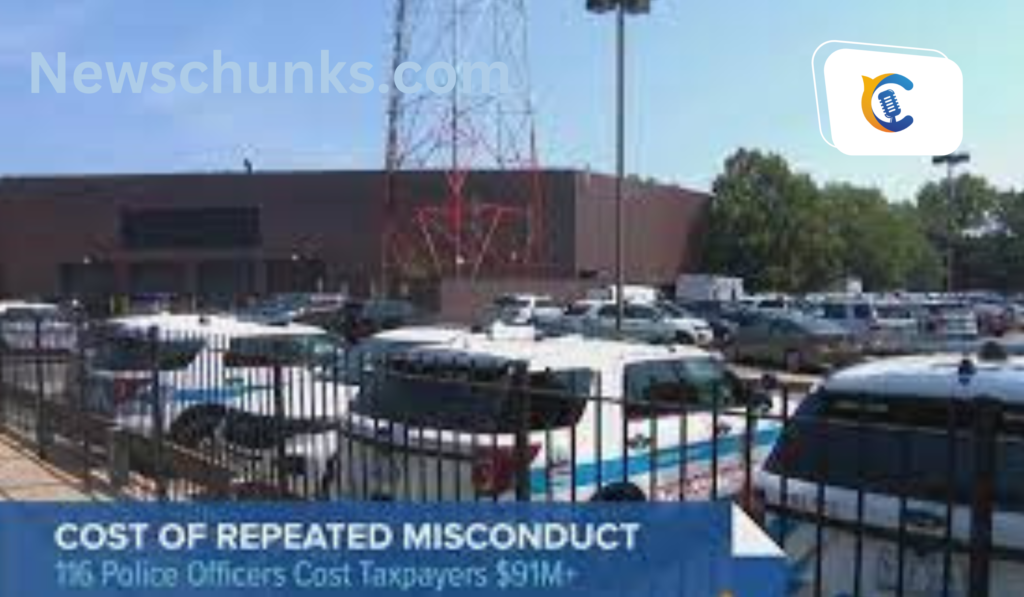
Chicago taxpayers: $91.3M lost over 3 years due to repeated misconduct by 116 police officers: Problems with the Early Warning System
The early warning system that the Chicago Police Department is required to build as a result of the consent decree is intended to identify officers who have been named in lawsuits claiming police misconduct.
Witzburg stated that neither the city nor the department in question had completed the task.
According to Witzburg, such a system is intended to offer the command staff of the police department the opportunity to intervene before officers become the subject of multiple complaints or lawsuits by mandating that the officers go through further training or therapy.
Former Superintendent Matt Rodriguez was the first to suggest an early warning system for police officers nearly 30 years ago. However, it was blocked by the police union during negotiations over the contract for the Fraternal Order of Police Lodge 7, which dictates the way in which rank-and-file officers can be disciplined.
After now-former Chicago Police Officer Jason Van Dyke shot 17-year-old Laquan McDonald 16 times in 2014, the then-Mayor of Chicago, Rahm Emanuel, advocated for the establishment of an official early warning system in 2014. This occurred after the shooting. He resigned from his position in 2019 without having this mechanism put into place.
The University of Chicago Crime and Education Lab started developing a bespoke system in 2016, with the goal of using it to alert authorities when officers exhibit symptoms of worsening mental illness or persistently break the rules.
The so-called Officer Support System was designed not to penalize the officers it discovered but rather to flag them for counseling, support, and retraining if it was deemed necessary. It was funded by local donors, including the manager of the hedge fund Citadel, Ken Griffin. Because of this, there would be no need to negotiate with the police union.
Lightfoot made the commitment in the wake of the riots and protests that were sparked by the murder of George Floyd in May 2020 by a police officer in Minneapolis who had been the subject of many complaints. Floyd was shot and killed by the officer. Lightfoot promised to put out the system within 90 days.
Lightfoot was able to meet this self-imposed deadline by implementing the system in September 2021 as part of a trial program that was run in the Calumet (5th) Police District located on the Northwest Side. Despite previous assurances, there will be no rollout of the program across the entire city in 2021. According to records that were published online by the Chicago Police Department, the rules that regulate the system were changed in December of 2021; however, the changes were never approved.
Roseanna Ander, the Executive Director of the University of Chicago Crime and Education Lab, was one of the people who assisted in the development of the system. She stated that the fact that the system was never implemented citywide was a squandered opportunity.













